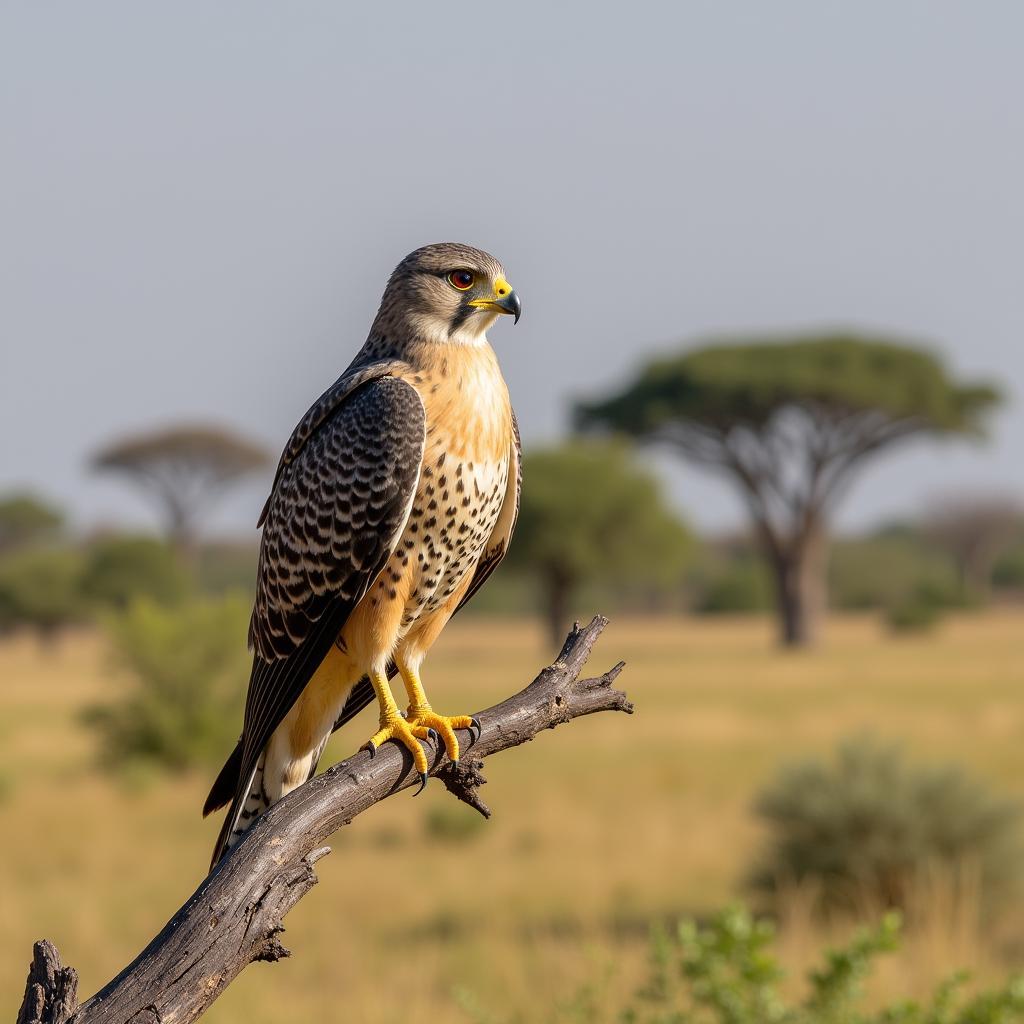Exploring the Diverse African Ecosystem
The African Ecosystem is a tapestry of vibrant life, shaped by diverse climates and landscapes, ranging from lush rainforests to arid deserts. This intricate web of life, encompassing a vast array of flora and fauna, faces numerous challenges but also boasts remarkable resilience. Let’s delve into the complexities and wonders of this crucial ecosystem.
From the iconic savannahs teeming with wildlife to the dense jungles echoing with the calls of primates, the African ecosystem is a spectacle of nature’s grandeur. The Sahara Desert, the world’s largest hot desert, contrasts sharply with the Congo Basin rainforest, the second largest rainforest on Earth. This diversity in habitats supports a remarkable array of species, playing a vital role in global biodiversity. The African ecosystem, however, is under increasing pressure from human activities, climate change, and other environmental factors, highlighting the urgent need for conservation efforts. Check out this interesting article on the African elephant ecosystem: african elephant ecosystem.
The Climate’s Influence on the African Ecosystem
The African climate is as diverse as its landscapes, playing a crucial role in shaping the ecosystem. Rainfall patterns significantly influence vegetation distribution, dictating whether an area thrives as a lush forest, a sprawling savannah, or an arid desert. Temperature variations also contribute to the unique adaptations of various species. For example, animals in desert regions have developed mechanisms to conserve water and withstand extreme heat.
What determines the type of ecosystem in a particular region? The interplay of rainfall, temperature, and soil composition determines the dominant vegetation and the animal life it supports. Understanding these factors is key to comprehending the intricate workings of the African ecosystem.
Key Habitats within the African Ecosystem
Savannahs: A Realm of Wildlife
The African savannahs, vast grasslands dotted with acacia trees, are iconic images of the continent. These ecosystems support a remarkable diversity of large mammals, including lions, elephants, giraffes, and zebras. The savannahs are characterized by a distinct wet and dry season, influencing the migration patterns of herbivores and the hunting strategies of predators. Learn more about the African grass forest: african grass forest.
Rainforests: Biodiversity Hotspots
The African rainforests, primarily located in the Congo Basin, are teeming with life. These dense forests harbor a vast array of plant and animal species, many of which are found nowhere else on Earth. The rainforest ecosystem plays a critical role in regulating global climate and maintaining biodiversity. You can read more about the African forest elephant ecosystem here: african forest elephant ecosystem.
Deserts: Adapting to Extremes
The Sahara and Namib deserts represent the extremes of aridity. Despite the harsh conditions, life persists. Desert plants have evolved unique adaptations to conserve water, while animals have developed strategies to withstand extreme temperatures and limited water availability.
How do desert animals survive? Many desert animals are nocturnal, avoiding the scorching daytime heat. Others have developed physiological adaptations, such as the ability to store water in their bodies.
The Impact of Human Activities
Human activities, including deforestation, poaching, and agriculture, pose significant threats to the African ecosystem. These pressures contribute to habitat loss, species extinction, and ecosystem degradation. Conservation efforts are crucial to mitigating these impacts and ensuring the long-term health of the African ecosystem. For those interested in academic research, check out the African Journal of Ecology and Ecosystems Impact Factor: african journal of ecology and ecosystems impact factor.
Dr. Anika Mobula, a renowned ecologist specializing in African ecosystems, states, “The delicate balance of the African ecosystem is being disrupted by human activities. Protecting this biodiversity hotspot requires a concerted global effort.”
Conclusion
The African ecosystem is a complex and fascinating web of life, supporting a remarkable array of species and playing a crucial role in global biodiversity. While facing numerous challenges, the resilience of this ecosystem offers hope for the future. Understanding and protecting the African ecosystem is essential for preserving our planet’s natural heritage. If you’re interested in African flora, check out this article on African aquarium plants: african aquarium plants.
Professor Jabari Olufemi, a leading expert in conservation biology, adds, “The future of the African ecosystem lies in our hands. Sustainable practices and conservation efforts are crucial for its survival.”
FAQ
- What is the largest ecosystem in Africa? The Savannah.
- What are the main threats to the African ecosystem? Human activities, climate change, and invasive species.
- Why is the African ecosystem important? It supports incredible biodiversity and plays a role in global climate regulation.
- How can I help protect the African ecosystem? Support conservation organizations, reduce your carbon footprint, and educate others.
- What are some examples of endangered species in Africa? Black rhinos, mountain gorillas, and African wild dogs.
- What is the role of ecotourism in African ecosystem conservation? It can generate revenue for conservation efforts and raise awareness.
- What are some successful conservation stories in Africa? The recovery of mountain gorilla populations and the establishment of protected areas.
Common Scenarios and Questions
- Scenario: Witnessing poaching while on safari. Question: What should I do if I see poaching taking place?
- Scenario: Planning a trip to Africa. Question: How can I travel responsibly and minimize my impact on the environment?
- Scenario: Learning about endangered species. Question: What are some organizations I can support to help protect endangered animals in Africa?
Further Exploration
You might also be interested in learning more about specific animal adaptations in the African ecosystem or exploring the impact of climate change on different regions. Check out our other articles on African wildlife and conservation efforts.
When you need assistance, please contact us at Phone: +255768904061, Email: kaka.mag@gmail.com or visit our address: Mbarali DC Mawindi, Kangaga, Tanzania. We have a 24/7 customer support team.


